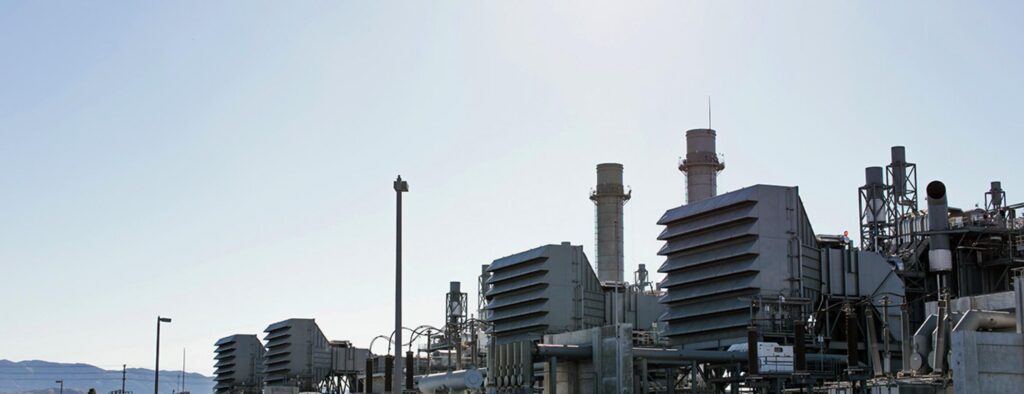
How do gas turbine operators evaluate an industrial filtration system that delivers in terms of performance and budget?
Selecting the correct filter means saving money when it comes to reliability, power output efficiency and heat rate loss. Unfortunately, standard filter ratings may not allow for specific challenges faced during gas turbine installation often strapped with extreme time pressures.
It is critical that a plant filter perform; otherwise profitability is impacted. The right filter helps protect a gas turbine’s performance and reduces the need for maintenance shutdowns. Airborne contaminants that get into a turbine, such as fine particles sticking to turbine blades, can cause corrosion and significantly reduce efficiency.
As a result of this deterioration, output power is reduced and there is a rise in heat rate. In order to restore performance, the operator has to take the turbine offline and remove the unwanted particles. In addition, without ongoing maintenance, contaminants can result in costly part repairs. One report claims poor air filtration accounts for around 60-80% of overall gas turbine losses.
Conditions for Installation
Every unique power plant environment presents a new and difficult challenge in handling air filtration methods. For example, locations near coastlines are bombarded with contaminants from both land and sea and have additional filtration requirements.
Salt combines with sulfur in the fuel and causes accelerated corrosive damage to a turbine engine. Dusty environments like deserts and industrial areas place high demands on a filter system which needs to be self-cleaning. Low temperature climates with ice or snow present another level of unpredictability.
There are performance data variations depending on media, environment and operating conditions, so it is critical to analyze turbine performance to determine how your filtration choices are performing.
Local plant conditions can also require additional equipment such as weather hoods, mist eliminators or moisture separators. How a filter system handles moisture is critical to performance and protection of your gas turbine engine.
It’s best to ask ‘what are your plant’s operational goals,’ when making a decision about the appropriate filter system for your plant. You want your decision to meet your budget requirements and practical maintenance schedules.
One critical question in choosing the right filter system includes’ has the filter been tested for both wet and dry performance?’ It is crucial that a filter is able to handle moisture as presented in the situation of high humidity, mist and/or fog.
HEPA filters seem like they offer greater protection to gas turbines because they capture smaller particulates. However, keep in mind they also use finer filter media which can easily become blocked if moisture and hydrocarbon mists are present.
Often in the harsh environments in which gas turbine filters are installed, additional testing is required such as dust and salt removal efficiency; strength burst testing; rough handling tests for durability; as well as strength simulated life testing. How a filter performs in real-world installations gives you all you need to make the right air filtration system decision.
The biggest advantage for any company to have is a trusted partner to help them make this critical decision regarding the best air filtration system for their plant. Someone who listens and understands what their needs are, analyzes plant data, and takes every engineering, operational and business factor into consideration.
Once your air filtration system is installed, you want that partnership to include maintenance and on-site service, including emergency situations. This choice alone will save your company a great deal of time and money.

Advanced Filtration Concepts is a
Certified Veteran-Owned Small Business.
